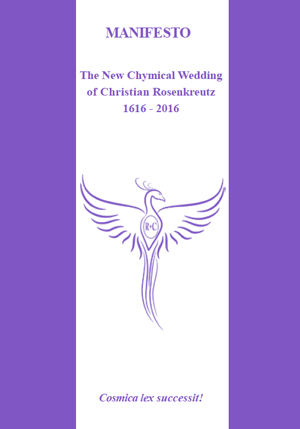Texts and Publications
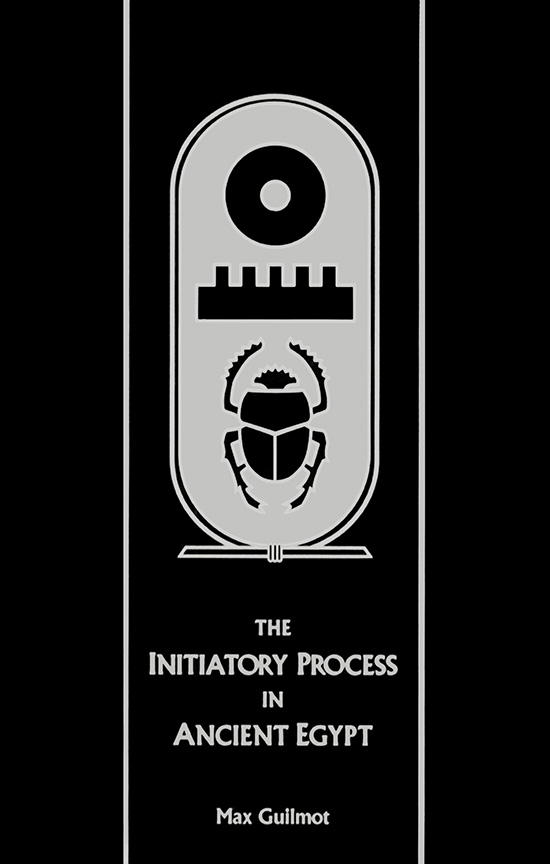 The Rosicrucian Order, AMORC e-book library is available for free online!
The Rosicrucian Order, AMORC e-book library is available for free online!
We hope that you enjoy having this access to all of your favorite Rosicrucian publications and we would love it if you would consider posting a review on both Amazon and iBooks sharing with others the benefits that they might find in the timeless wisdom that this collection contains.
The remaining AMORC titles will be added in the coming months so check back often!
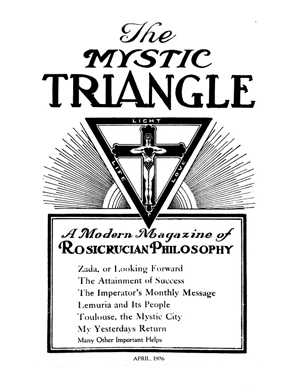 Mystic Triangle
Mystic Triangle
The forerunner to the Rosicrucian Digest from 1925 through 1929, Dr. H. Spencer Lewis published the Mystic Triangle which is now known as the Rosicrucian Digest.
We are now happy to have all of the issues that were published scanned in and available as PDFs for your research and reading pleasure.
Rosicrucian Digest
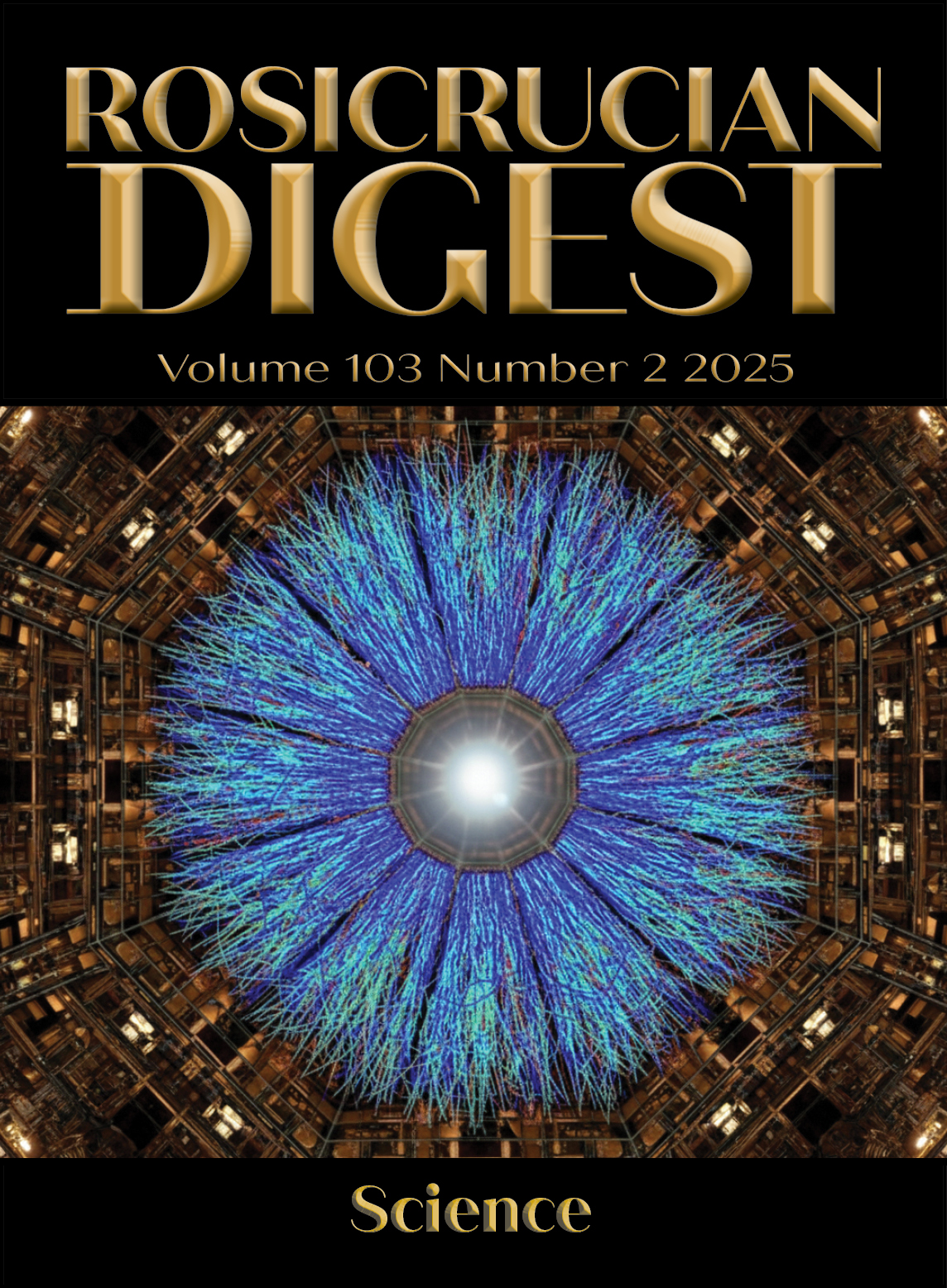 Each issue of the bi-annual Rosicrucian Digest provides readers with a compendium of materials regarding the ongoing flow of the Rosicrucian Timeline. The materials included in the Digest span the ages, and are interesting in themselves, and seek to provide a lasting reference shelf to stimulate continuing study of all of those factors which make up Rosicrucian history and thought. We present classical background, historical development, and modern reflections on each of our subjects, using the many forms of primary sources, reflective commentaries, the arts, creative fiction, and poetry.
Each issue of the bi-annual Rosicrucian Digest provides readers with a compendium of materials regarding the ongoing flow of the Rosicrucian Timeline. The materials included in the Digest span the ages, and are interesting in themselves, and seek to provide a lasting reference shelf to stimulate continuing study of all of those factors which make up Rosicrucian history and thought. We present classical background, historical development, and modern reflections on each of our subjects, using the many forms of primary sources, reflective commentaries, the arts, creative fiction, and poetry.
DIRECTORY OF CURRENT ISSUES >>
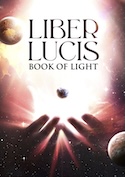 Liber Lucis
Liber Lucis
Exploring the Light of Your Spiritual Nature
We visualize that this Book of Light will inspire seekers to come forth into the Light of their own Inner Wisdom, to reflect mystically upon the challenges of life.
The Liber Lucis aims to be a narrative guide for calling upon each individual to create their own manifesto, their own personal declaration to themselves, about how they are going to contribute to, restore, share and protect the Light of their spiritual nature and that of others.
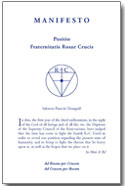 Positio Fraternitatis Rosae Crucis
Positio Fraternitatis Rosae Crucis
The Rosicrucian World Convention in Sweden in August 2001 reflected a theme of world peace and harmony among all nations and peoples. It was at this convention that Rosicrucian Imperator Christian Bernard introduced the Positio Fraternitatis Rosae Crucis, a document informing the public of AMORC’s position regarding today’s world situation, the dangers threatening it, and the future prospects we wish for all. We hope that you will read the Positio with an open mind and that it will strike a responsive chord within your consciousness.
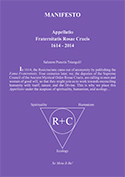 Appellatio Fraternitatis Rosae Crucis
Appellatio Fraternitatis Rosae Crucis
Rosicrucian Manifesto
Appellatio Fraternitatis Rosae Crucis - An Appeal for Ecology, Humanism, and Spirituality!
On the 400th Anniversary of the publication of the first Rosicrucian Manifesto, the Fama Fraternitatis, in 1614, the Rosicrucians publish the fifth Rosicrucian Manifesto - the Appellatio Fraternitatis Rosae Crucis - an Appeal for Ecology, Humanism, and Spirituality.
Join in this important work and help to spread this call for action to others, for the good of all humanity, all beings, and our planet!
If you would like to make a donation to support the promotion of this publication, you may do so here: Donation Form.
LISTEN TO THE AUDIO (mp3) VERSION >>
The New Chymical Wedding of Christian Rosenkreutz
Inspired by the third Rosicrucian manifesto, the Chymical Wedding of Christian Rosenkreutz, published four hundred years ago, the anonymous author of this Rosicrucian manifesto (number six) leads us toward the vision of a better world through an alchemical dream.
LISTEN TO THE AUDIO (mp3) VERSION >>
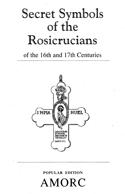 Secret Symbols of the Rosicrucians
Secret Symbols of the Rosicrucians
Between 1785 and 1788 an unknown Rosicrucian compiled text and images from earlier materials (1621, 1625 and 1700) that deal with Alchemy, Mysticism and other Rosicrucian themes. It was first published in two parts in Altona, Germany. A copy of this work was in the library of the Rosicrucian/Pietist mission to Pennsylvania that became the Ephrata Cloister. The present edition provides translations of the original German text, as well as reproducing the images, which are most suitable for meditation.
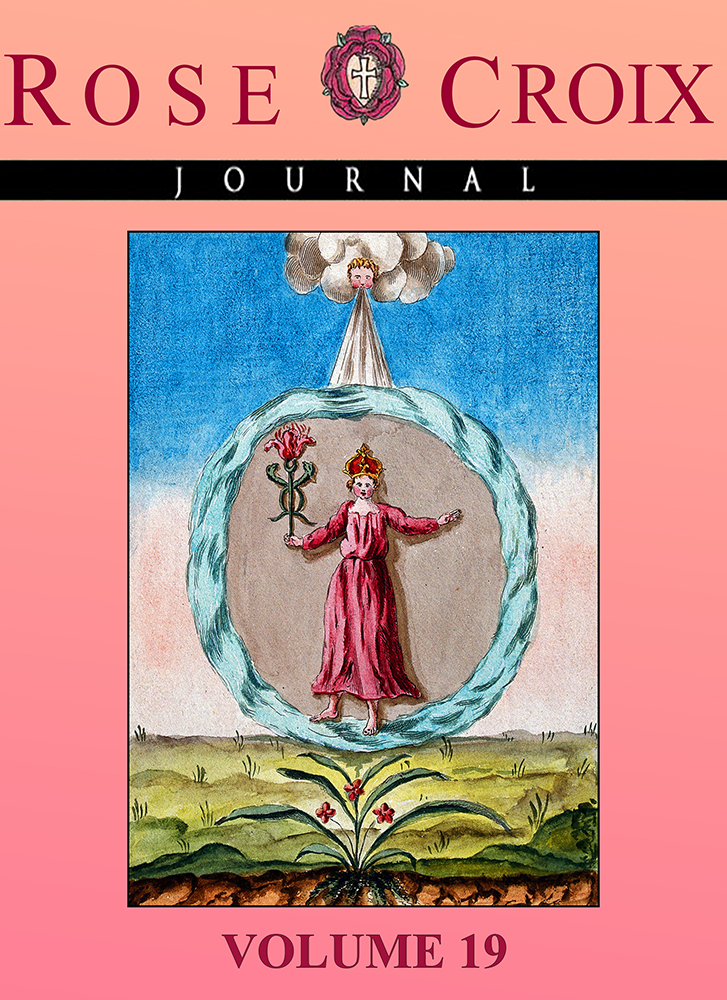 Rose+Croix Journal
Rose+Croix Journal
The Rose+Croix Journal is an international, interdisciplinary, transdisciplinary, peer-reviewed online journal that focuses on topics that relate to the sciences, history, the arts, mysticism, and spirituality, especially interdisciplinary topics and transdisciplinary inquiries that traverse and lie beyond the limits of different fields of study. These topics may relate to any of the arts and sciences and/or to other emerging fields of human endeavor.
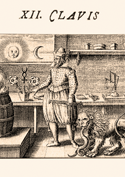 Alchemical Manuscripts
Alchemical Manuscripts
The Alchemical Manuscript Series is a collection of rare, centuries-old alchemical material made available to English readers. It includes translations of important works by the eminent Alchemists Basil Valentine, Anton Kirchweger, Isaac Hollandus, George Ripley, S. Bacstrom, M.D., Alexander Van Suchten, Baron Urbigerus, Johann Becker, and Artephius.

